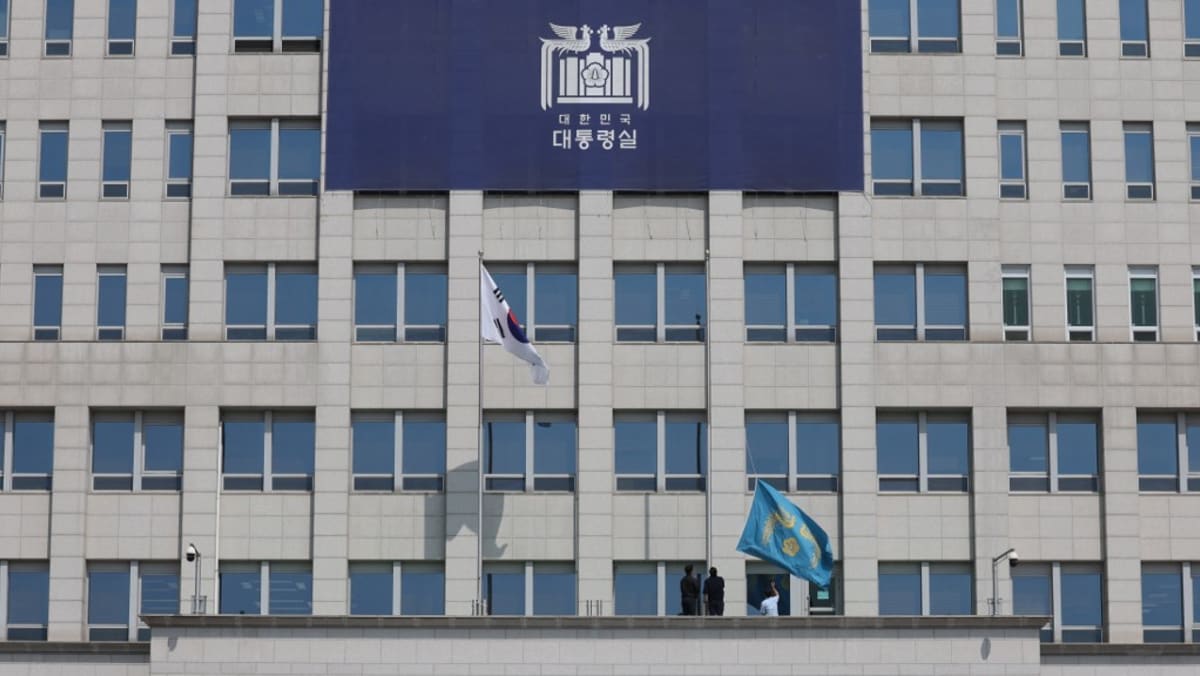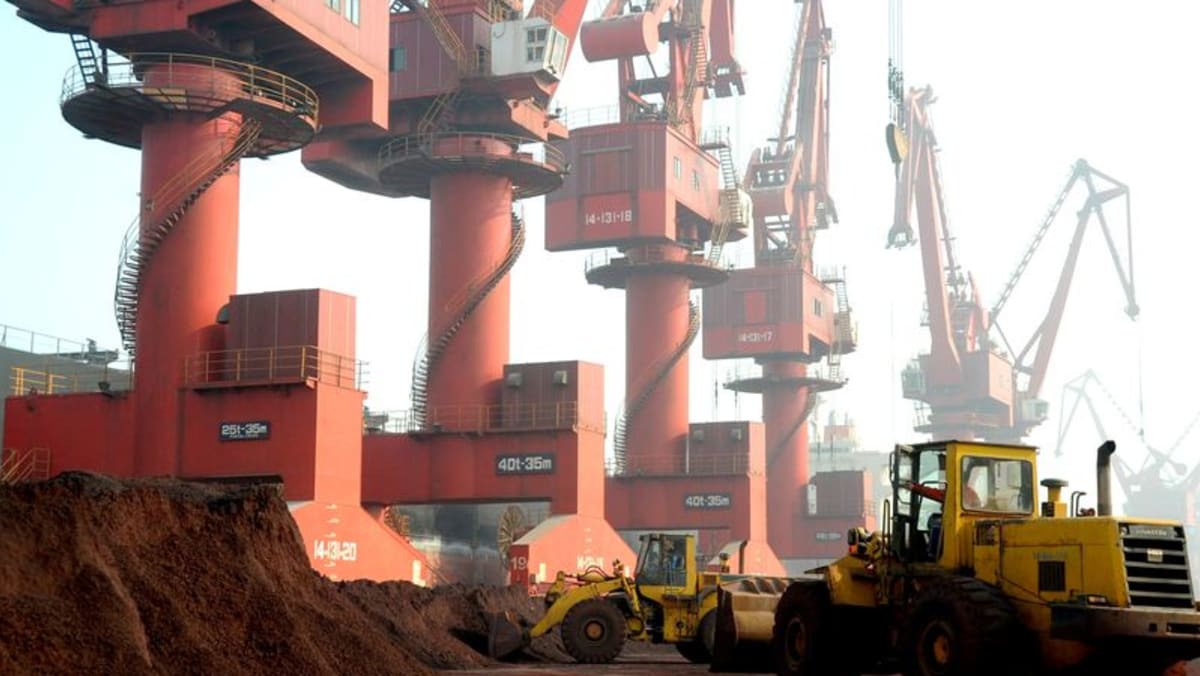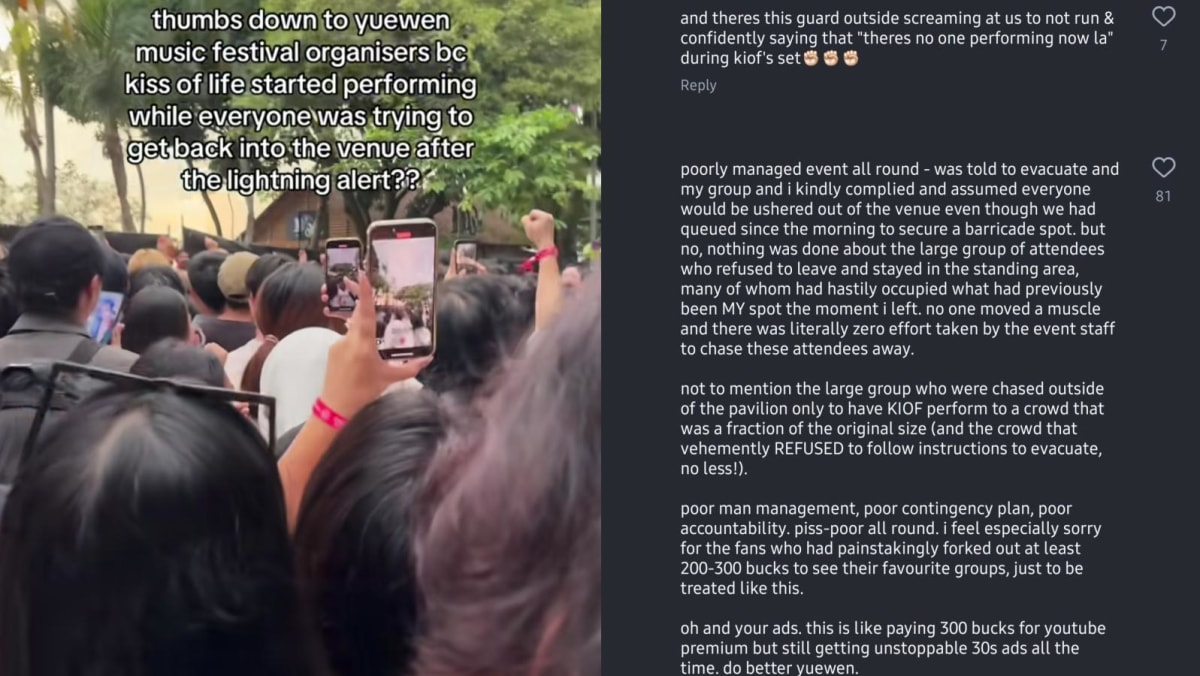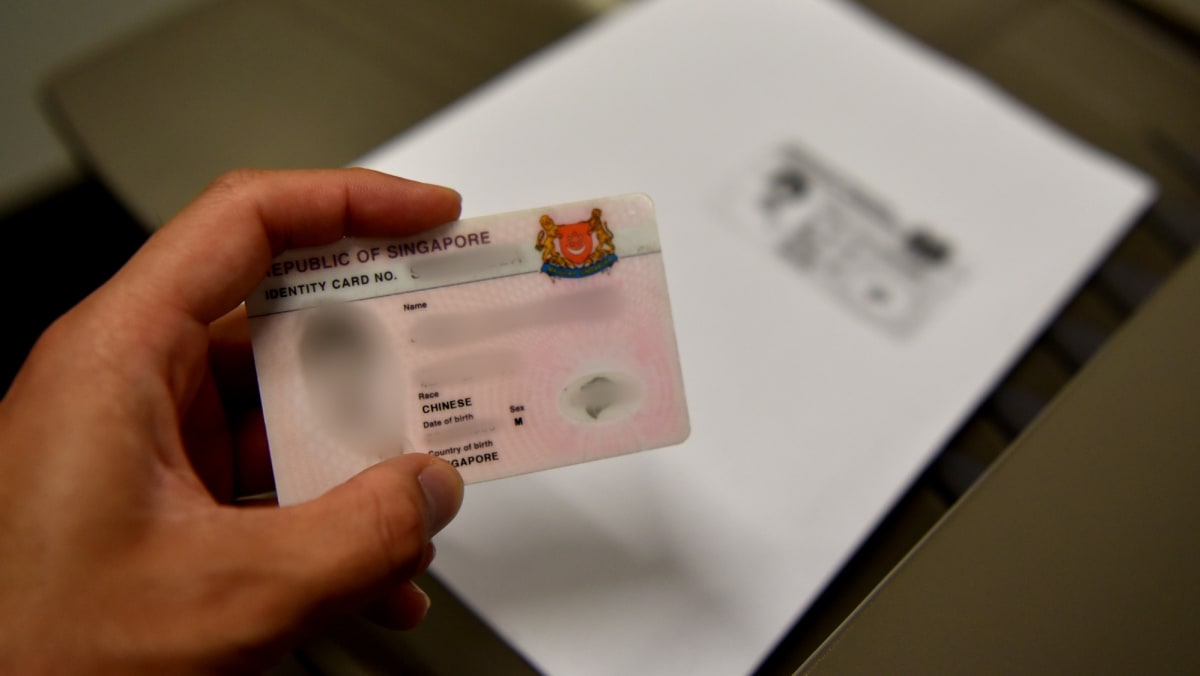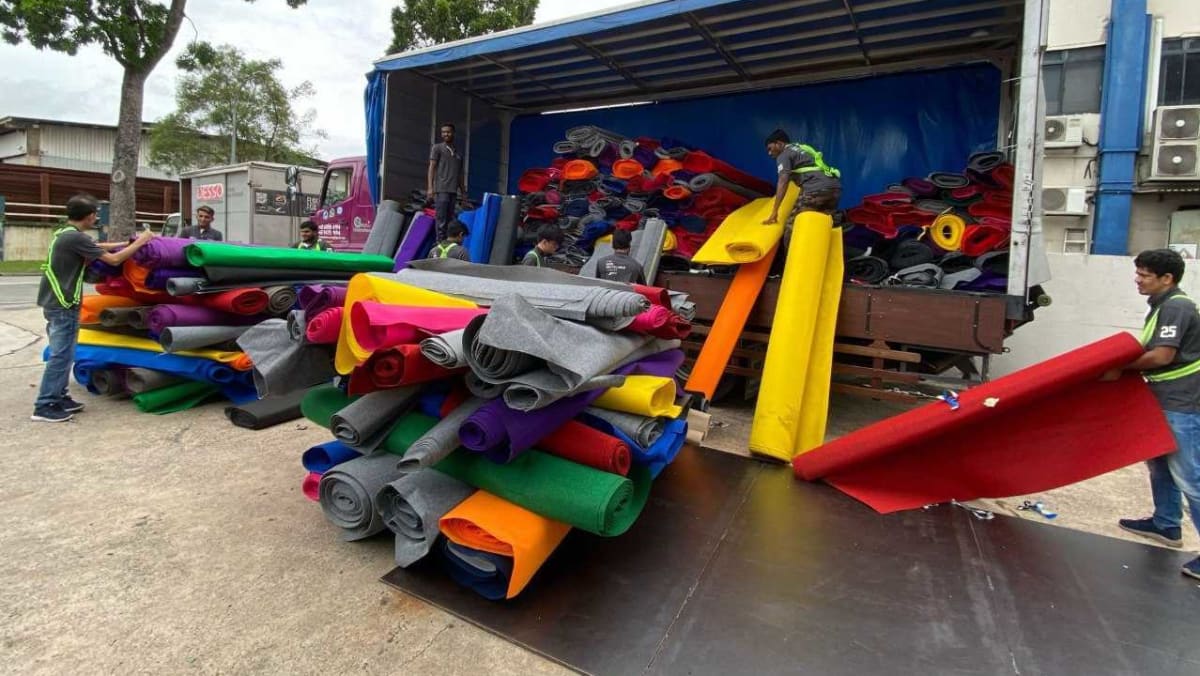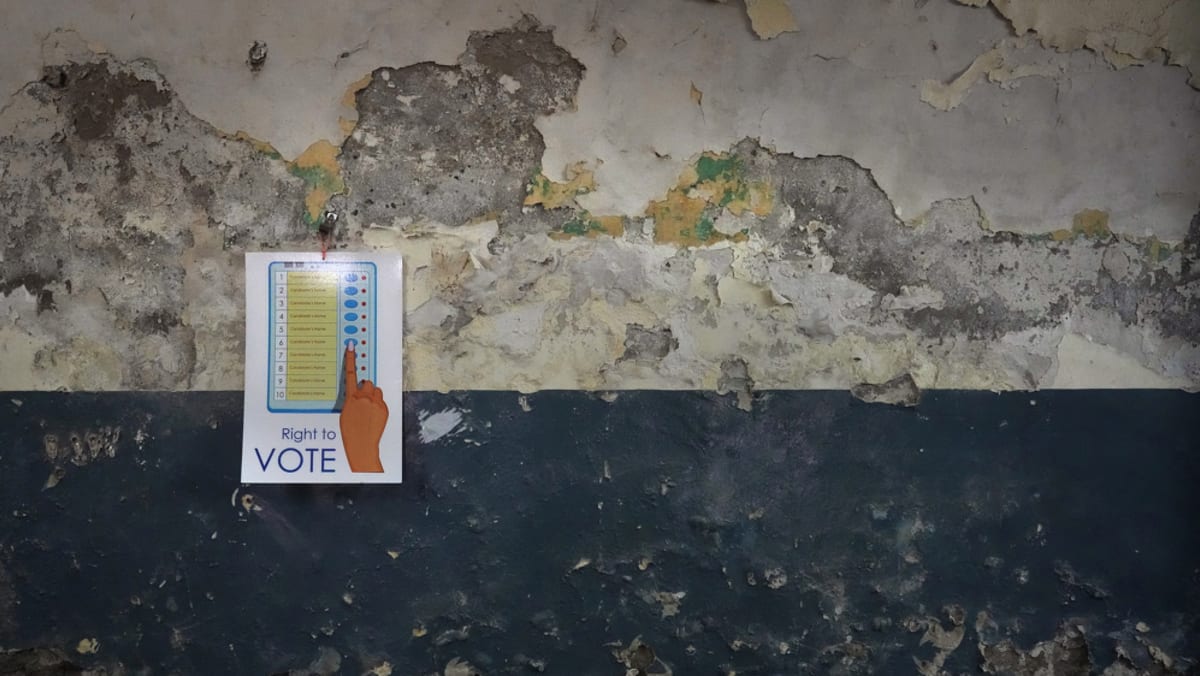SINGAPORE: As people go about their shopping in the lead up to Chinese New Year on Wednesday (Jan 29), weight is everything when it comes to some festive foods.
Customers can pay wrong or unfair prices when the prices of items are calculated based on inaccurate weight readings. For instance, an additional 50g of ginseng or sea cucumber can cost up to S$100 (US$74) more.
This has led some shop owners to go the extra mile in ensuring their measurements are precise.
"I will turn off the fan and make sure there is nothing surrounding the weighing scale to make sure that the reading is very accurate,” said Ms Peggy Ho, owner of dried goods store Sum Khiong Lian Kee Trading in Bugis.
To ensure the accuracy of the weighing scale, she said a representative from its supplier brings the device to a lab for recalibration every three to four months.
Bee Cheng Hiang, which specalises in bak kwa - or barbecued pork jerky - said the chain also ensures that measurements are done fairly. Besides maintaining the weighing machine, staff members take extra care to place it on a level surface.
"Every time before we weigh the products, we will check the level built into our scale so that the readings are correct,” said Mr Liew Jiew Chiang, supervisor at the firm’s Bugis Village outlet.
MAKING SURE WEIGHTS ARE ACCURATE
Earlier this month, CNA followed officers from the Weights and Measures Office of Enterprise Singapore (EnterpriseSG) to the two stores, which are popular during the Chinese New Year season, for their spot checks on weighing instruments.
The officers checked the accuracy labels of the existing scales, which are valid for a year. Checks are also carried out at supermarkets, goldsmiths and even Chinese mala hotpot stalls.
While the two stores passed the test, authorities uncovered 280 expired labels and unverified scales at consumer-facing businesses last year - about a 65 per cent increase compared with the year before.
Around 1,200 spot checks are done islandwide every year, for physical shops and online businesses.
Director of the Weights and Measures Office Beatrice Wong attributed the increase to more targeted checks on the ground.
“More targeted checks would mean that, for example, we use data analysis to identify places where the instruments or the accuracy label has already expired, and we would go down and check specifically on those areas,” she told CNA.
Flouting the rules or having expired labels could mean a fine up to S$5,000, three months’ jail, or both.
RENEWING ACCURACY LABELS
Businesses can get new accuracy labels or renew old ones through authorised verifiers appointed by the Weights and Measures Office.
Mr Roedil Philip Gelera - a technical manager at one such verifier, KSA Metrology - said tests are conducted to calibrate digital and traditional scales using different weights.
All areas of weighing scales that use sensors are also checked for accuracy, to make sure that placing an item in a corner does not affect its weight.
A special seal is used to prevent people from messing with the instrument.
Ms Wong said her department has taken steps to increase public awareness of looking out for the accuracy labels when buying goods priced by weight, such as putting up digital posters in the heartlands.
She urged retailers to ensure that their weighing instrument is placed on a flat and horizontal surface, and to make sure that the indicator reads zero before weighing. For consumers’ convenience, the indicator should be clearly visible, she added.
“For consumers, when you're making purchases by weight, you can also check that the instrument has a valid accuracy label. If there's a QR code there, you could also scan it,” she said.
“If you scan that, you will lead you to our website. And through that website, you can find out whether the instrument has been verified and is at the correct location.”
The QR code will also allow shoppers to give feedback if they suspect that the scale is inaccurate, she added.



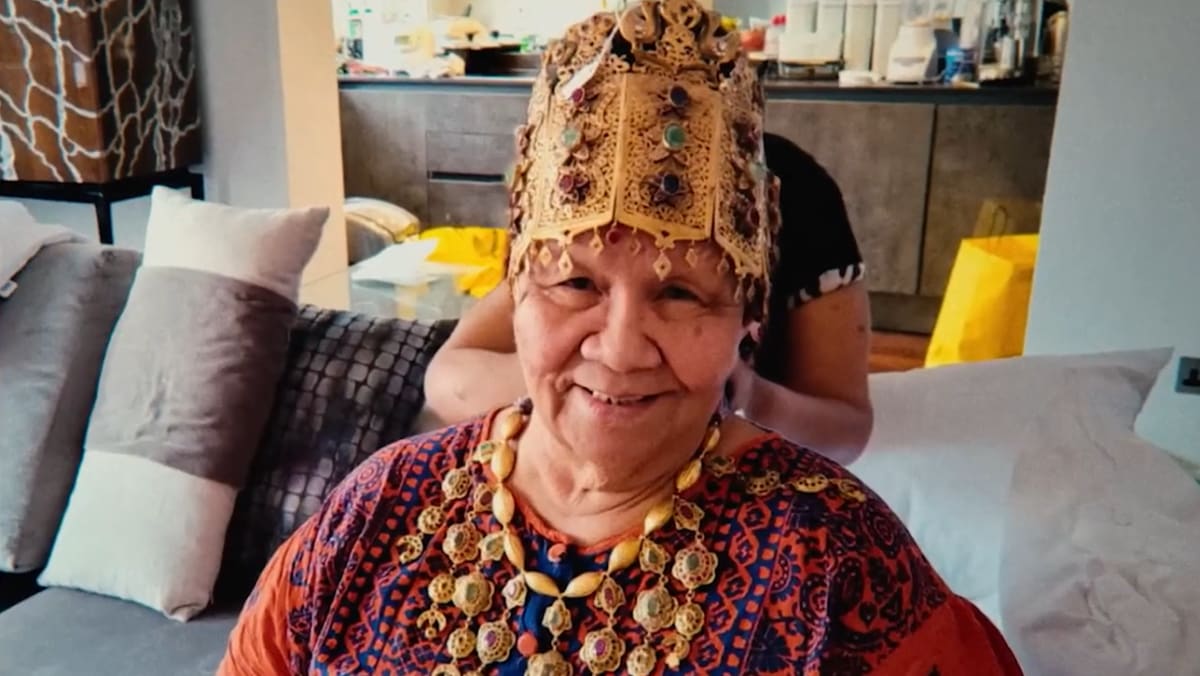



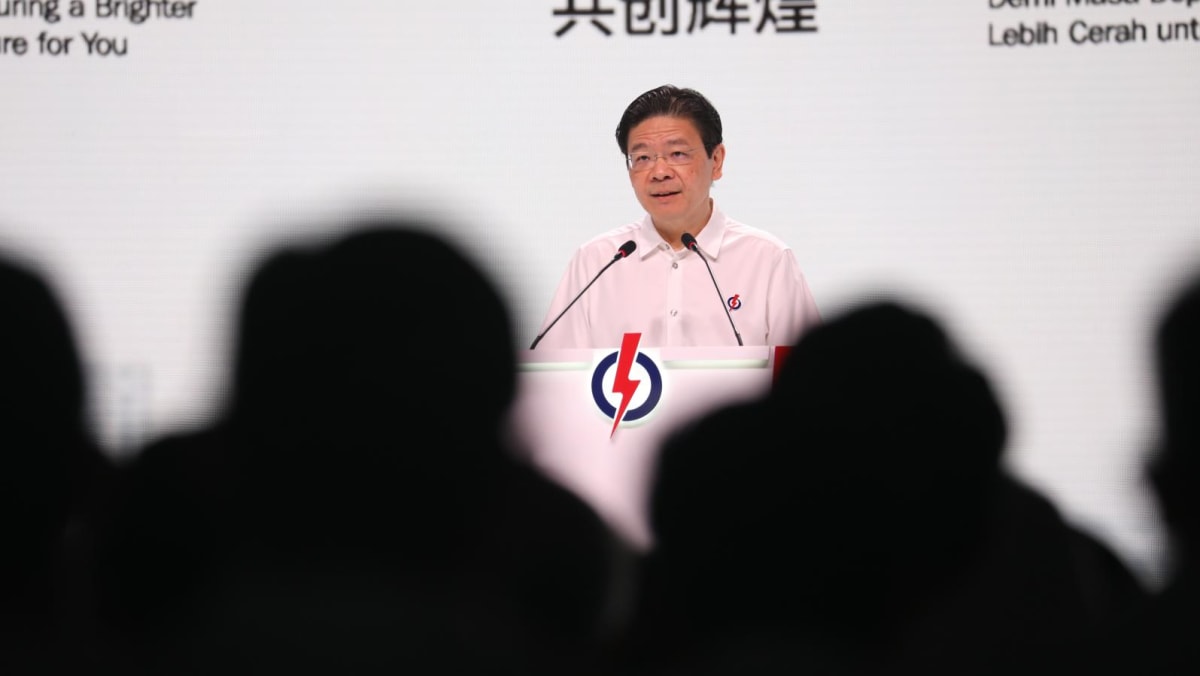




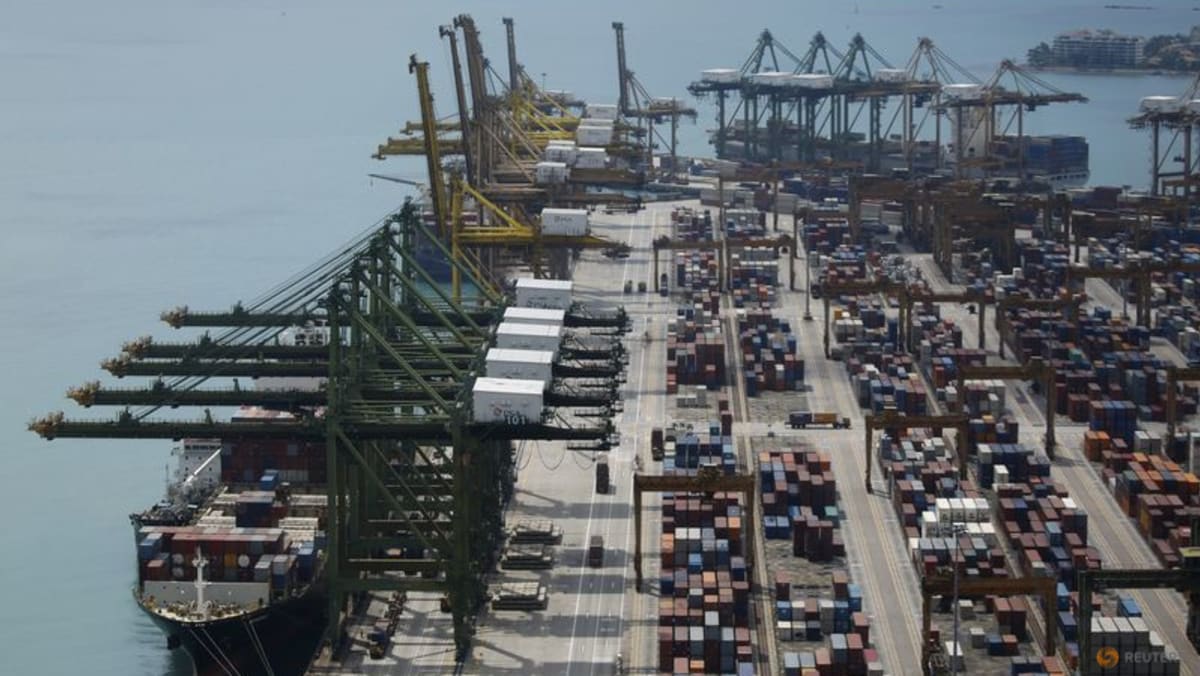


.png?itok=erLSagvf)


